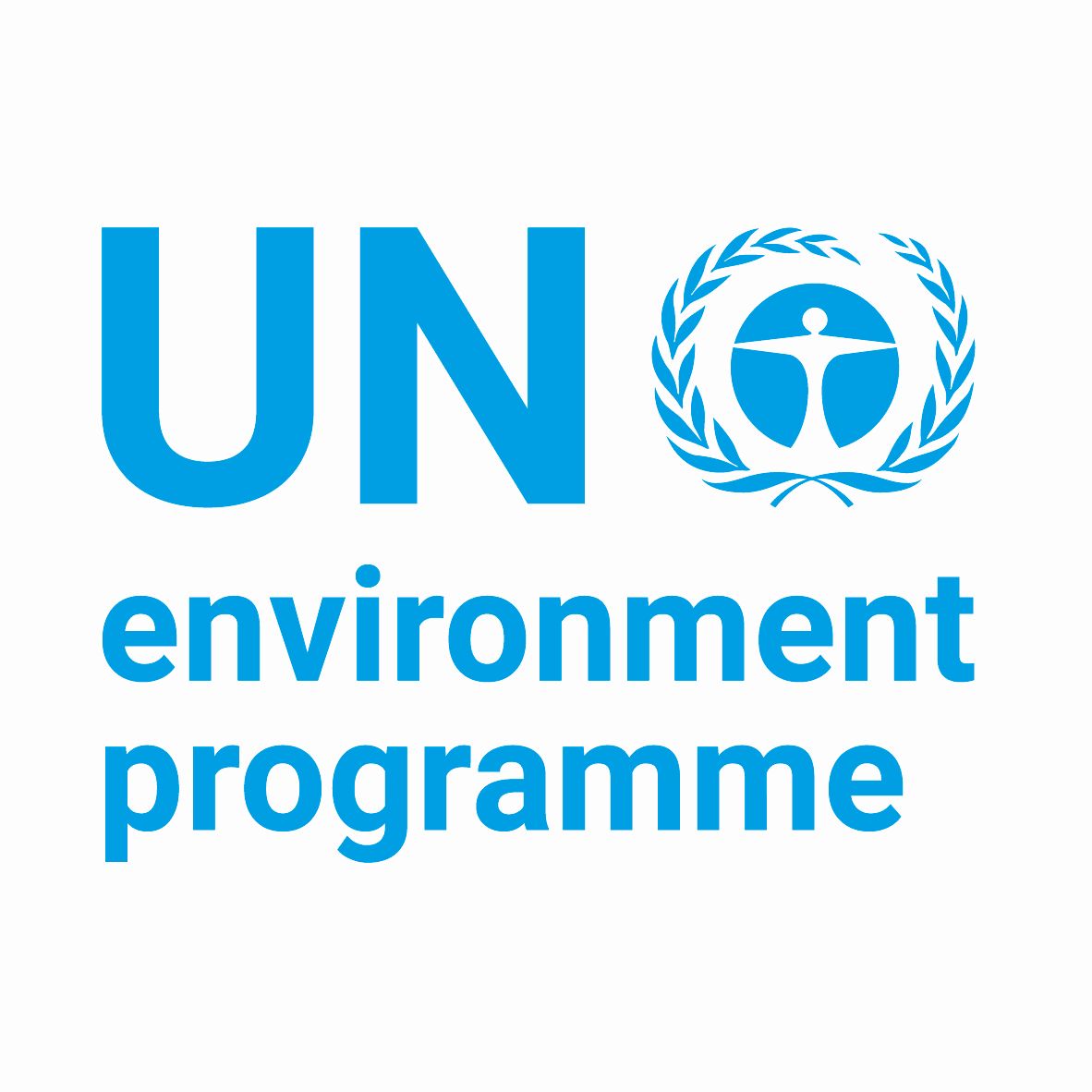Global Trends in Renewable Energy Investment 2020
Falling clean energy costs provide opportunity to boost climate action in COVID-19 recovery packages
Angus McCrone, Ulf Moslener, Francoise d’Estais, Christine Grüning, Malin Emmerich (Concept and editorial oversight)
Published: 10 June 2020
As COVID-19 hits the fossil fuel industry, the GTR 2020 shows that renewable energy is more cost-effective than ever – providing an opportunity to prioritize clean energy in economic recovery packages and bring the world closer to meeting the Paris Agreement goals.
Governments and companies around the world have committed to adding some 826 gigawatts of new non-hydro renewable power capacity in the decade to 2030, at a likely cost of around $1 trillion. Those commitments fall far short of what would be needed to limit world temperature increases to less than 2 degrees Celsius. They also look modest compared to the $2.7 trillion invested during the 2010-2019 decade, as recorded by this Global Trends report.
In 2019, the amount of new renewable power capacity added (excluding large hydro) was the highest ever, at 184 gigawatts, 20GW more than in 2018. Falling costs meant that this record commissioning of green gigawatts could happen in a year when dollar investment in renewable energy capacity stayed almost flat. In 2019, renewable energy capacity investment was $282.2 billion, just 1% higher than the previous year.
Top 15
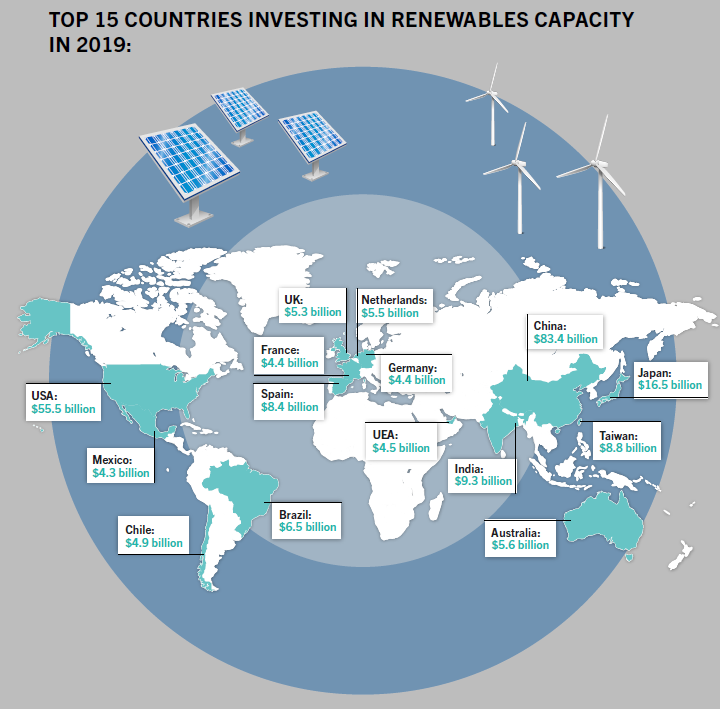
Investment by Value Chain and M&A Transactions
Click on the investment categories to see their development
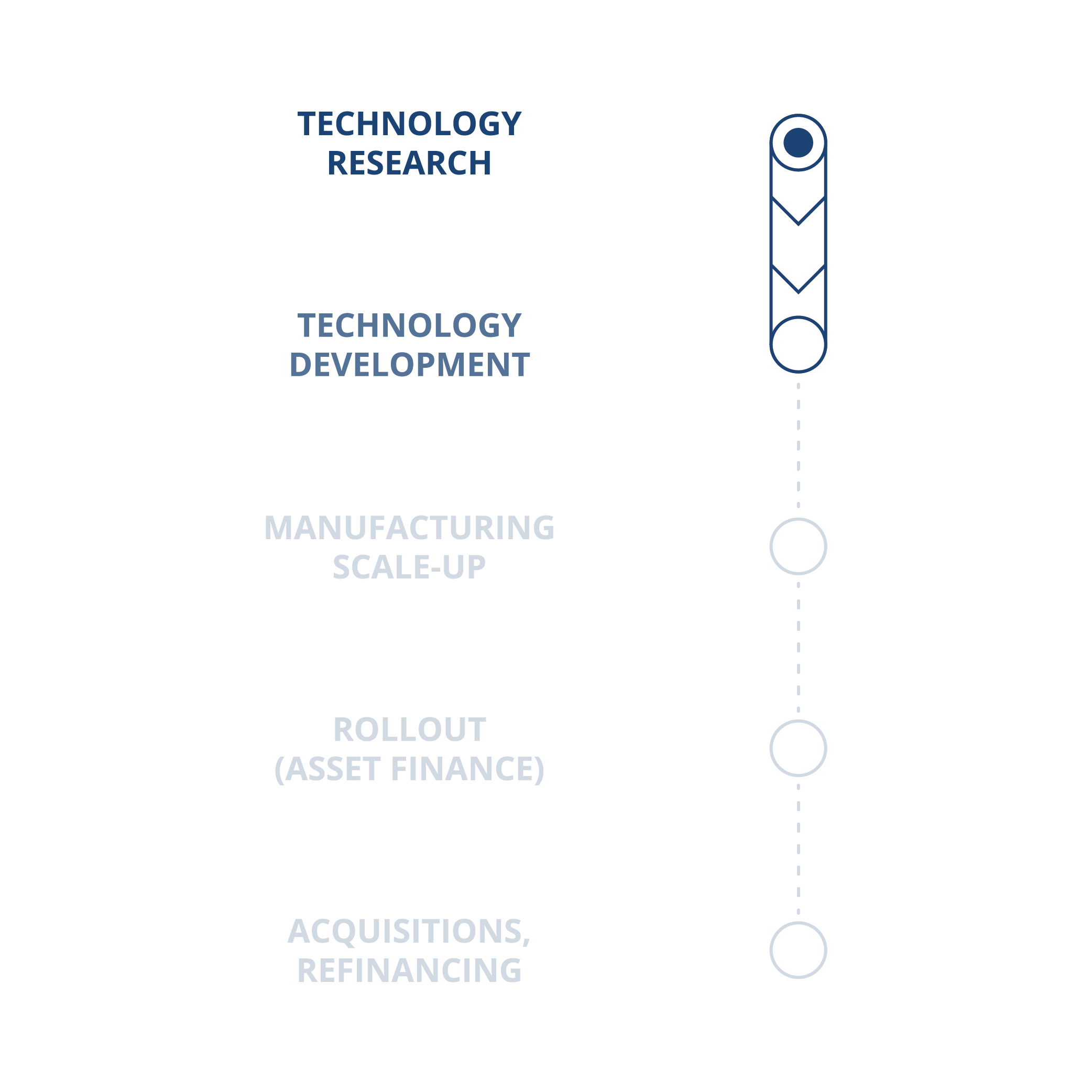
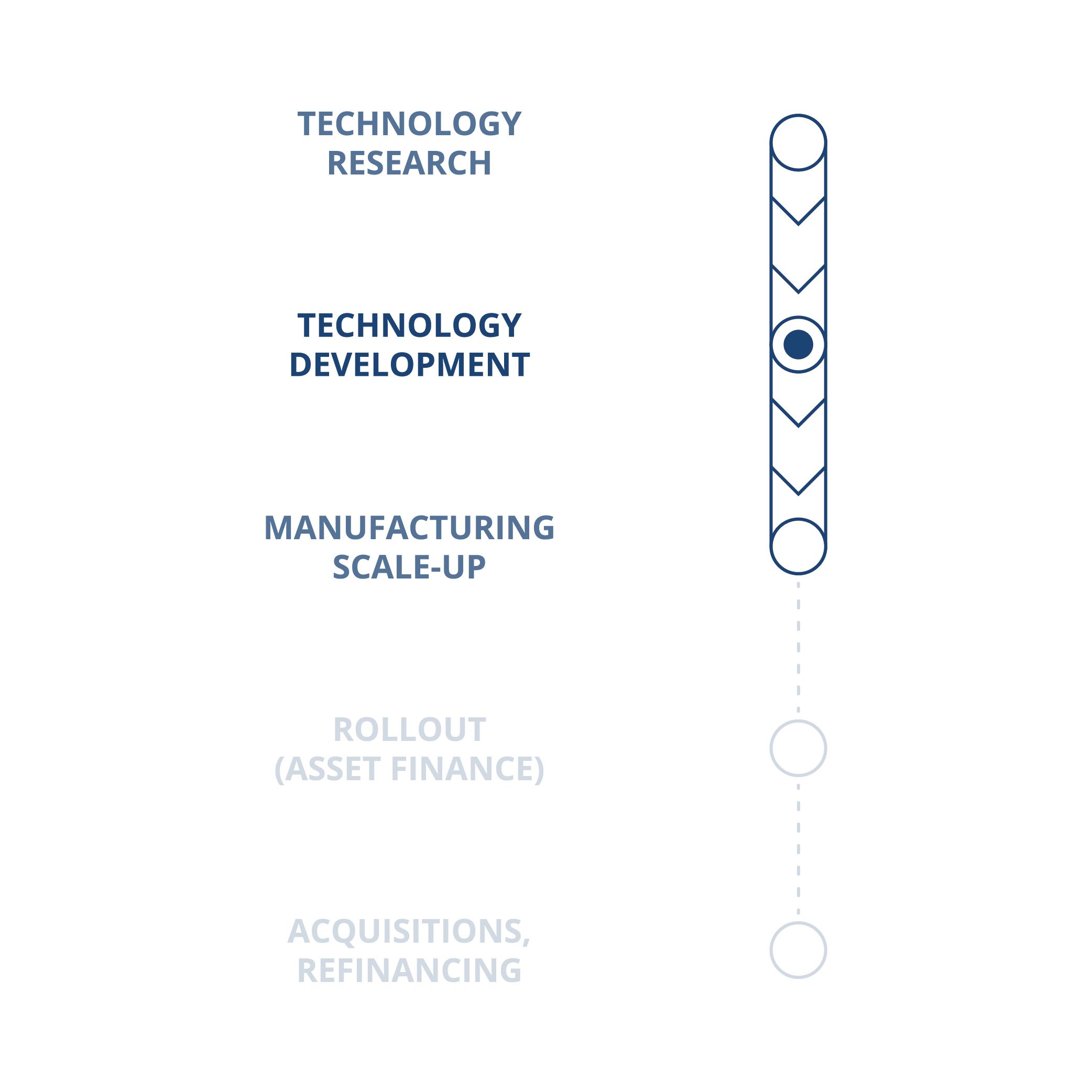
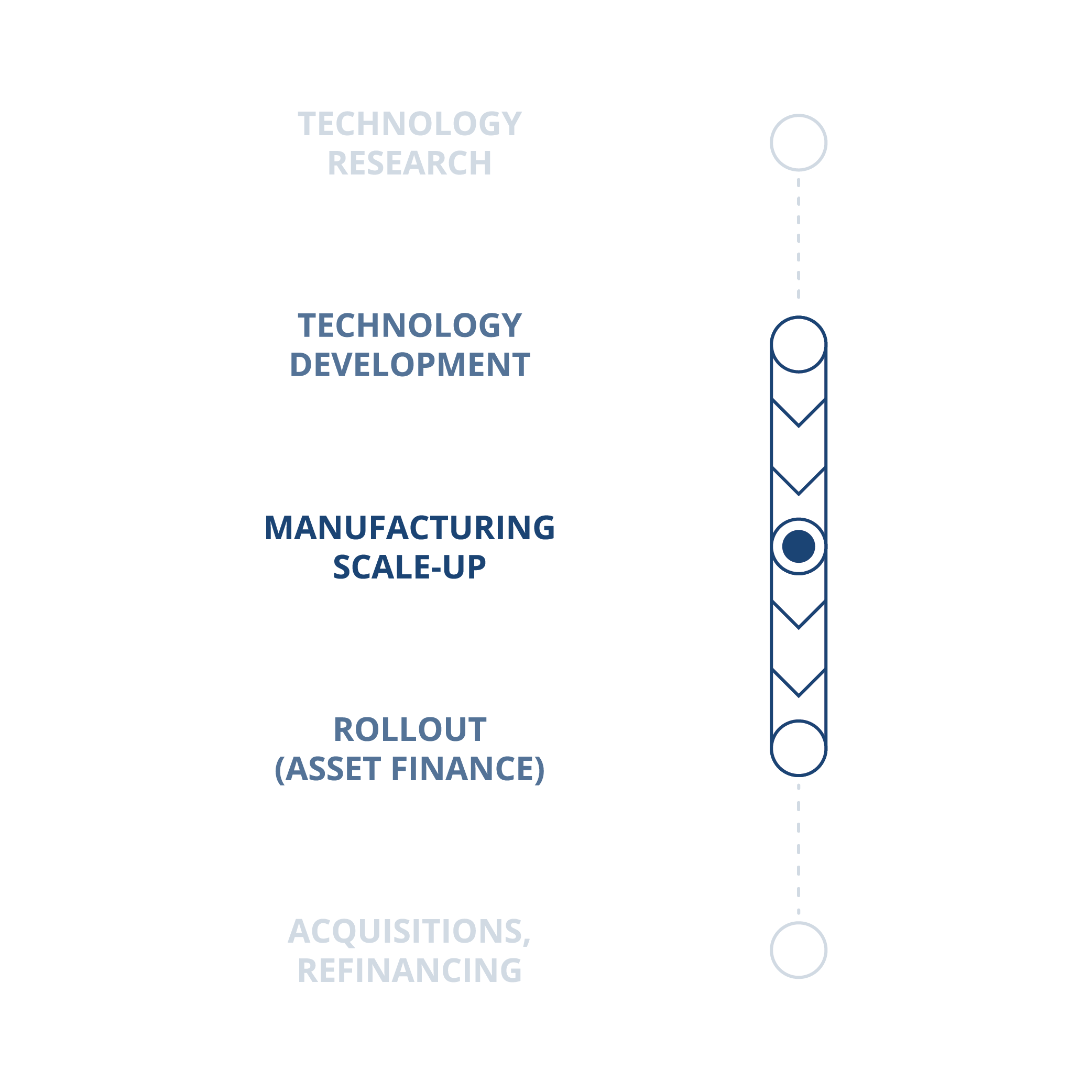

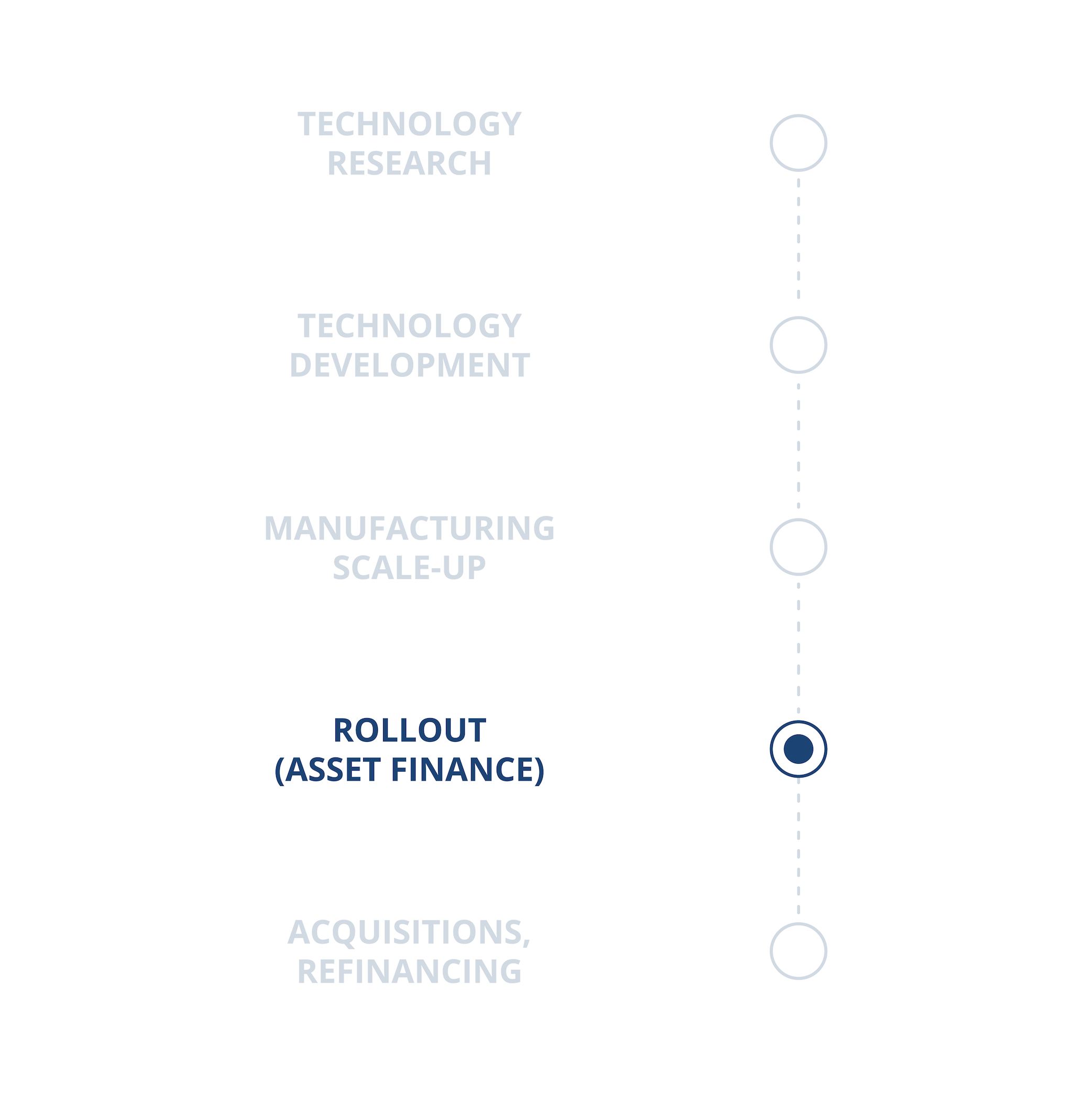
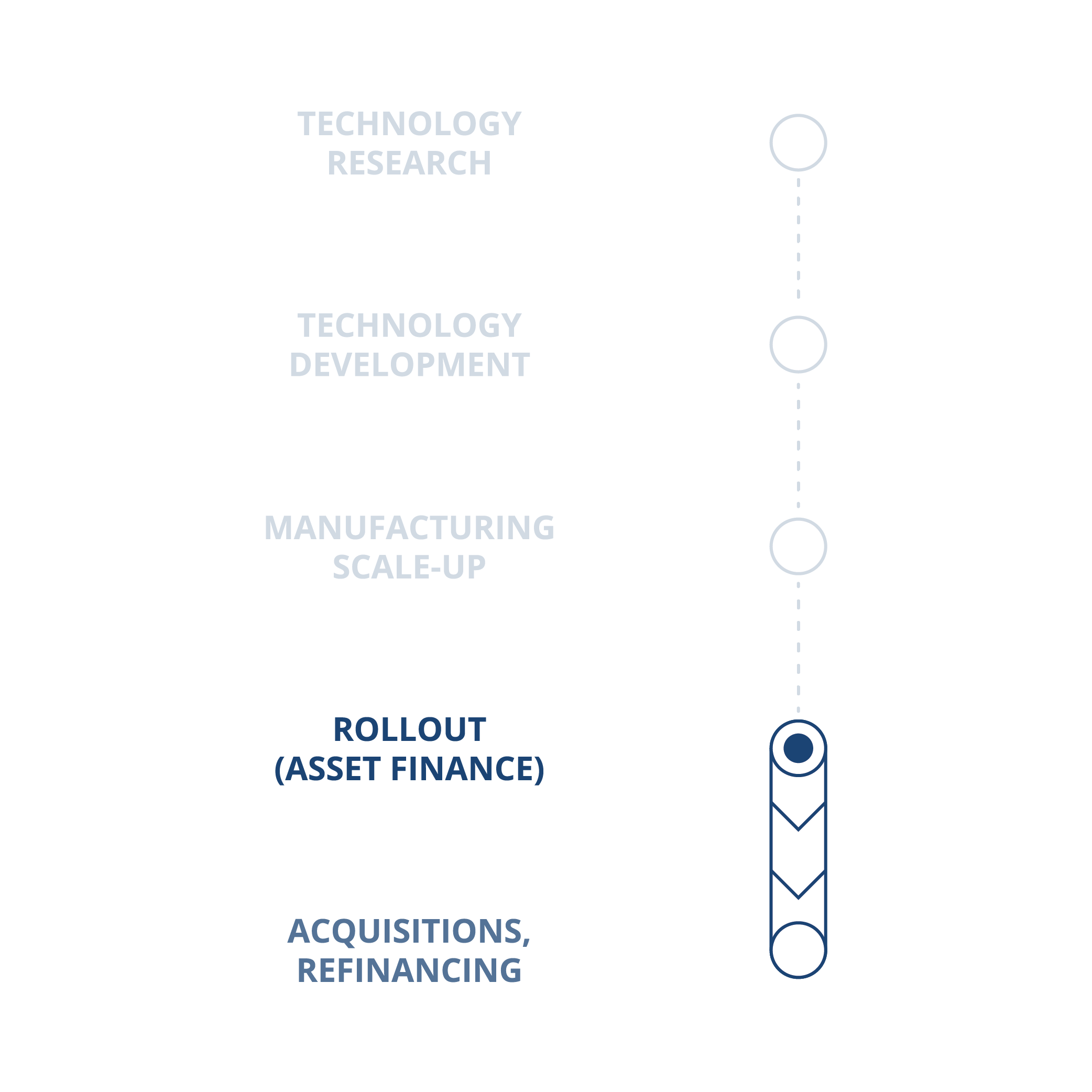
Process
Funding






The 2019 investment brought the share of renewables, excluding large hydro, in global generation to 13.4 per cent, up from 12.4 per cent in 2018 and 5.9 per cent in 2009. This means that in 2019, renewable power plants prevented the emission of an estimated 2.1 gigatonnes of carbon dioxide, a substantial saving given global power sector emissions of approximately 13.5 gigatonnes in 2019.
The Global Trends in Renewable Energy Investment report is published on an annual basis since 2007. It is commissioned by the UN Environment Programme in cooperation with Frankfurt School-UNEP Collaborating Centre for Climate & Sustainable Energy Finance and produced in collaboration with BloombergNEF. The report is supported by the German Federal Ministry for the Environment, Nature Conservation, and Nuclear Safety.
Supported by the Federal Republic of Germany

